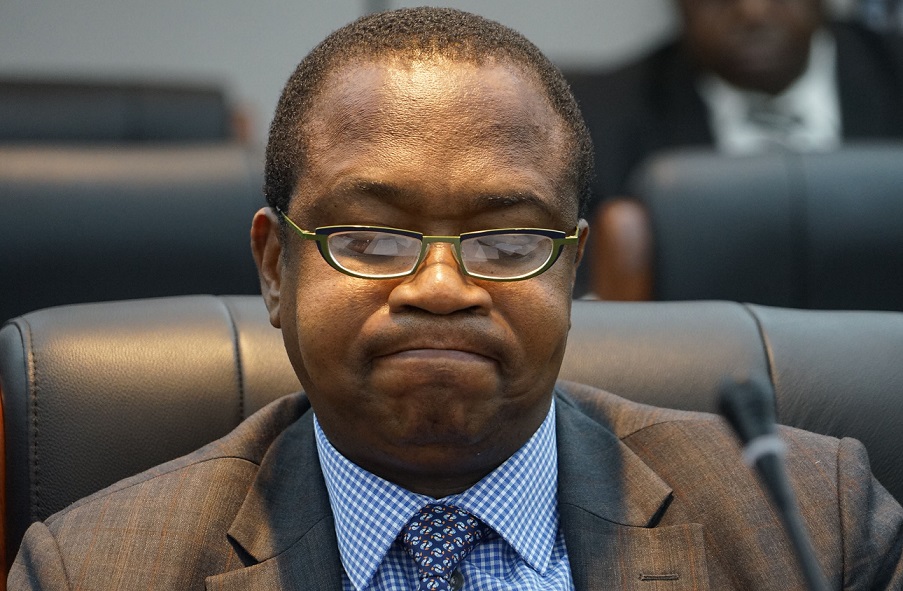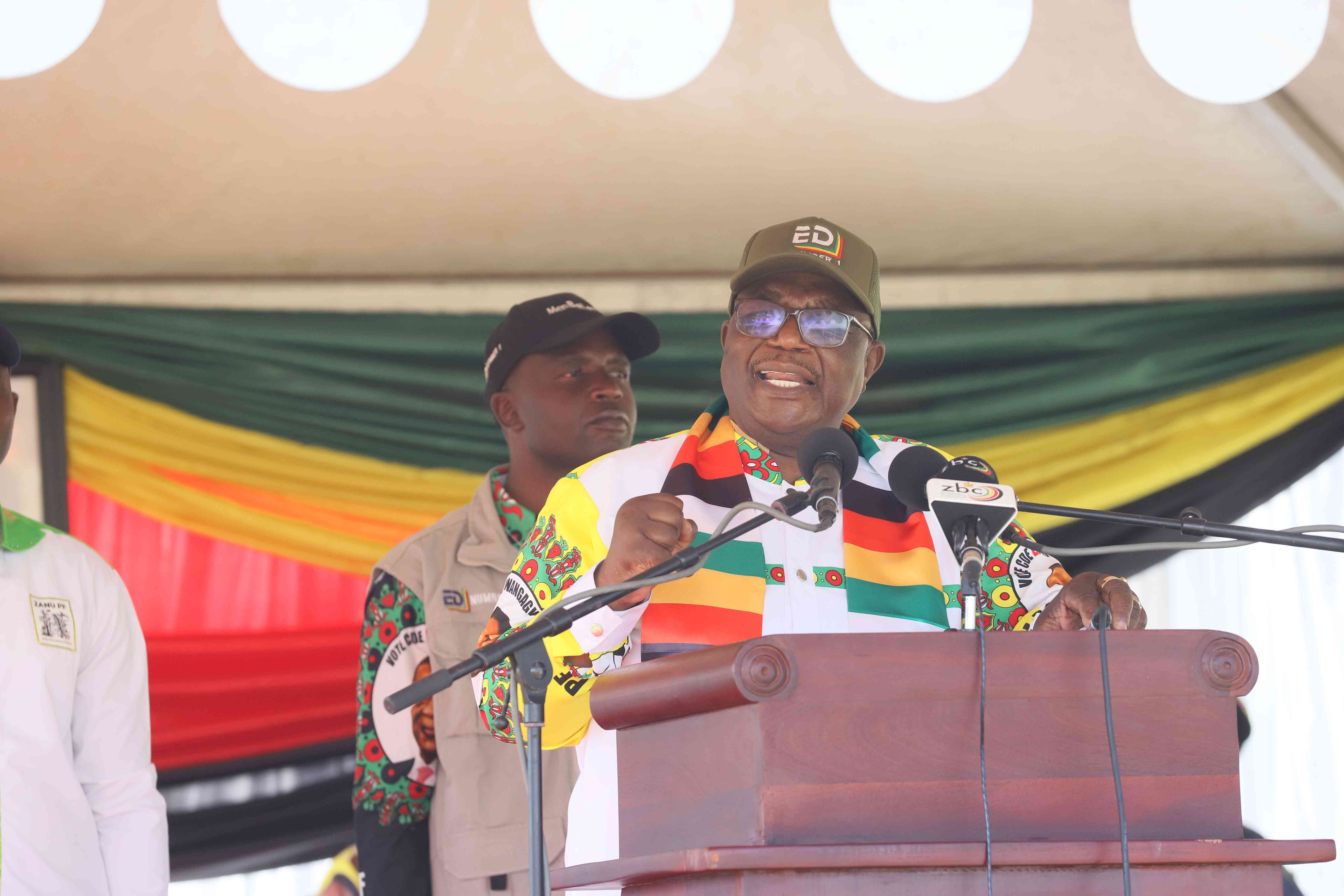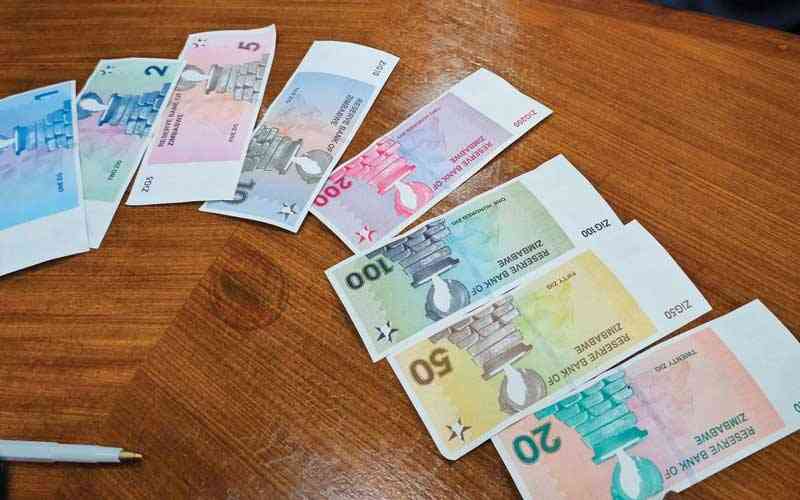
THE failure by government to substantially cut its workforce to suit its coffers is a major concern.
As corporates succumbed to a myriad of problems, staff head counts were slashed across the private sector to leave breathing space for businesses using the Supreme Court ruling of 2015 that allowed companies to shed jobs on three-month notice.
Although the ruling had serious repercussions for the country’s employment rate, it improved viability prospects for many companies.
Like the private sector, government must just bite the bullet and make the painful decision to significantly reduce head count to enable it to pay living wages to its workforce even though it will come with all sorts of problems politically.
In the absence of such a move, the country will continue to have serious budget problems, with the bulk of resources going to recurrent expenditure while productive sectors, social spending and infrastructural development suffer.
The International Monetary Fund has repeatedly called on the government of Zimbabwe to manage its wage bill, which at peak gobbled in excess of 97% of the cash budget, in order to create room for social spending, but Harare has so far made cosmetic cuts which have not remedied the challenges of its bloated workforce.
Save for a biometric registration initiative which we were told last December removed more than 10 000 “ghost workers” from the government payroll, there has been no significant movement and yet the country’s budget crisis has been deepening over the years.
It is primarily the need to pay civil servants while the economy is shrinking in terms of revenue collection that forced the government to introduce the Zimbabwe dollar prematurely, and the return of high inflation.
- Chamisa under fire over US$120K donation
- Mavhunga puts DeMbare into Chibuku quarterfinals
- Pension funds bet on Cabora Bassa oilfields
- Councils defy govt fire tender directive
Keep Reading
There is a need first for a comprehensive audit which cleans up ghost workers, the bulk of which are believed to be cronies and relatives of senior government officials.
Only last week, government indicated it would splash millions in scarce foreign currency on procurement of almost 1 000 vehicles for the security sector. This will crowd out critical social spending and trigger a further rise in inflation.
Earlier this year, a presumptive tax for unregistered professionals such as engineers, doctors, architects, lawyers and realtors, was introduced in a desperate bid to expand the tax base.
In the mid-term fiscal policy statement, Finance minister Mthuli Ncube’s figures showed that government had by June 2021 spent far more in funding the operations of the Defence and War Veterans ministry during the first half of the year compared to expenditure committed to crucial sectors like healthcare.
It is incumbent upon the government to pare its workforce if it is to avoid hurtling from one crisis after another.











